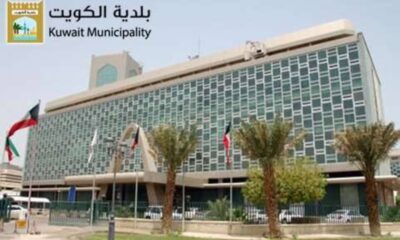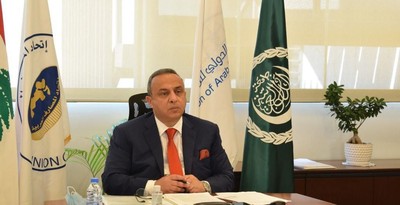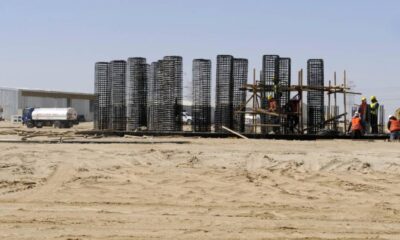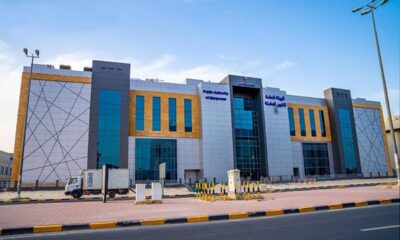KUWAIT CITY, Sept. 14: Banks in Kuwait have recently requested that exchange companies provide detailed daily reports on all financial transfers executed for their clients, according to informed sources. This new directive requires these companies to submit expanded data within their existing databases, including comprehensive statements of all transaction invoices—whether above or below 3,000 Kuwaiti dinars — specifically for dollar purchases funded through their open lines with banks. However, this requirement does not apply if the companies cover their dollar needs via the interbank market.
This heightened scrutiny stems from a directive by the Central Bank of Kuwait, which has instructed banks to ensure that dollars supplied to exchange companies through bank facilities are used strictly for their intended commercial purpose, specifically for money transfer operations. The Central Bank emphasized it will not support dollar purchases used for speculative or investment purposes.
Regulatory compliance measures
Sources explained that while banks can continue to purchase dollars from the Central Bank to meet their clients’ needs—including those of exchange companies—these funds must be allocated solely for legitimate business activities. This covers the transactions of exchange companies and their clients, including institutions and companies, as long as they fall within the scope of commercial activity. Any other dollar requirements must be sourced independently by banks or companies through the interbank market, which often carries higher rates influenced by supply and demand.
Since the Central Bank did not prescribe a fixed method for banks to monitor dollar disbursements, some banks have independently expanded the reporting requirements to include detailed daily transaction data. This step acts as a safeguard against potential audits by the Central Bank on dollar liquidity accounts issued to customers.
Non-compliance with these directives may result in banks suspending the open dollar purchasing lines granted to customers.
Increased oversight and due diligence
Sources noted that regulatory action could intensify, with the Central Bank potentially requesting additional customer information from banks and exchange companies. This includes reviewing due diligence procedures related to customer identification and risk assessment, as well as reinforcing compliance with anti-money laundering (AML) and counter-terrorism financing (CTF) laws.
The Central Bank confirmed its ability to supply all legitimate local dollar requirements to entities and individuals, but underscored that purchases for investment, commercial, or speculative purposes must be funded from the institution’s own resources—either through existing currency reserves or purchases in the open market.
Exchange rate policy
The Central Bank’s supervisory measures align with its dinar exchange rate policy, which aims to maintain stability against other currencies. The dinar’s rate is determined by a weighted basket of currencies from countries with significant trade and financial ties to Kuwait.
International compliance efforts
The increased information demands and stricter monitoring reflect Kuwait’s broader commitment to international regulatory standards. The Central Bank and related authorities are enhancing compliance frameworks in preparation for Kuwait’s upcoming Financial Action Task Force (FATF) mutual evaluation. This evaluation, scheduled for February 2026, will assess the country’s adherence to AML and CTF regulations.
Reform and institutional strengthening
As Kuwait approaches the deadline to submit its reform report to the FATF in November, the Central Bank and regulatory bodies are expediting procedural and institutional reforms. These efforts aim to close regulatory gaps and strengthen safeguards against illicit financial activities, with a particular focus on accurately identifying beneficiaries in financial transfers, thereby protecting Kuwait’s economic integrity.

 Politics23 hours ago
Politics23 hours ago
 Politics13 hours ago
Politics13 hours ago
 Latest News20 hours ago
Latest News20 hours ago
 Latest News23 hours ago
Latest News23 hours ago
 Latest News12 hours ago
Latest News12 hours ago
 Latest News22 hours ago
Latest News22 hours ago
 Latest News14 hours ago
Latest News14 hours ago
 Politics4 hours ago
Politics4 hours ago























